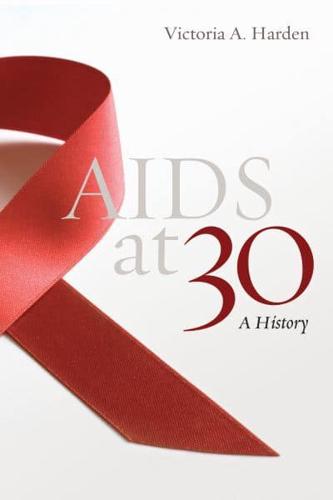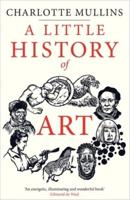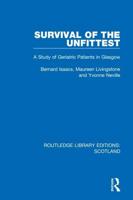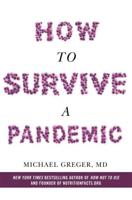Publisher's Synopsis
Society was not prepared in 1981 for the appearance of a new infectious disease, but we have since learned that emerging and reemerging diseases will continue to challenge humanity. AIDS at 30 is the first history of HIV/AIDS written for a general audience that emphasizes the medical response to the epidemic.Award-winning medical historian Victoria A. Harden approaches the AIDS virus from philosophical and intellectual perspectives in the history of medical science, discussing the process of scientific discovery, scientific evidence, and how laboratories found the cause of AIDS and developed therapeutic interventions. Similarly, her book places AIDS as the first infectious disease to be recognized simultaneously worldwide as a single phenomenon.After years of believing that vaccines and antibiotics would keep deadly epidemics away, researchers, doctors, patients, and the public were forced to abandon the arrogant assumption that they had conquered infectious diseases. By presenting an accessible discussion of the history of HIV/AIDS and analyzing how aspects of society advanced or hindered the response to the disease, AIDS at 30 illustrates for both medical professionals and general readers how medicine identifies and evaluates new infectious diseases quickly and what political and cultural factors limit the medical community's response.









